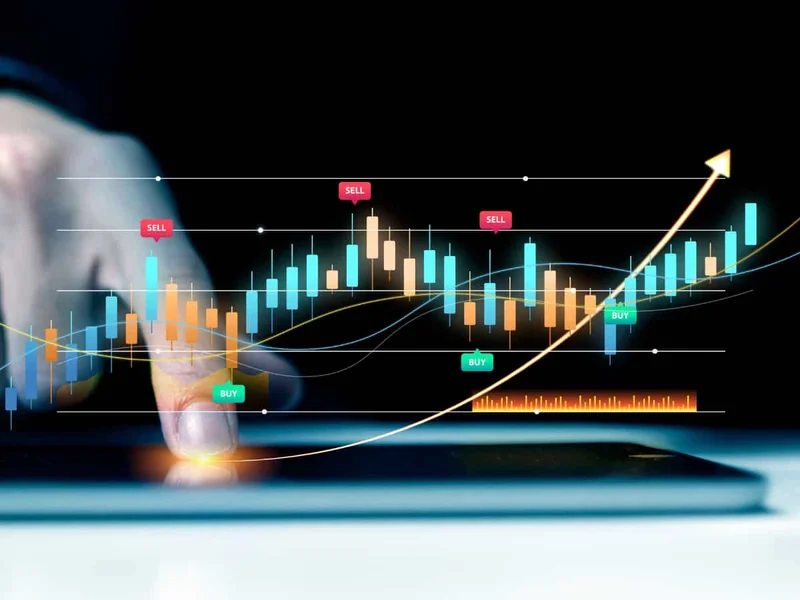AI Knows What You Want Before *You* Do? The Future of Personalization is Here
Okay, folks, buckle up. I've been diving deep into the latest advancements in AI-driven personalization, and what I’m seeing isn't just incremental improvement – it's a fundamental shift in how we interact with, well, everything. We're talking about AI understanding our needs and desires, sometimes even before we consciously realize them ourselves. When I first began to digest the implications, I honestly had to take a walk to process it all.
This isn't just about better targeted ads (though, yeah, those are getting eerily good). This is about AI curating experiences tailored to you on a level we couldn't have imagined just a few years ago. Think of it like this: remember when the printing press democratized information? This is that moment for personalized experiences, but on hyperdrive. I read a piece about NBCUniversal using cookies and similar tracking technologies to personalize content. I know, I know, cookies get a bad rap, but think about the potential. Imagine your newsfeed not just showing you headlines, but constructing a narrative specifically designed to resonate with your interests and learning style.
The Dividend of Data: Stocks and the AI Crystal Ball
Now, let's talk about something near and dear to many of our hearts: the stock market. I saw an article highlighting top dividend stocks, and it got me thinking. What if AI could not only predict market trends, but also understand your individual risk tolerance and financial goals, hand-picking stocks for your personalized portfolio? I am thinking about Fulton Financial (FULT), which has a dividend yield of 4.1%. Imagine an AI that not only tells you about the yield, but also understands your long-term goals, risk tolerance, and even your emotional relationship with money, crafting a portfolio that feels not just profitable, but right. Top Three Dividend Stocks To Consider For Your Portfolio
The implications are staggering. We're moving beyond simple data analysis to a world where AI anticipates our needs and proactively offers solutions. Think about healthcare. Imagine an AI that monitors your vital signs and lifestyle, predicting potential health issues before they become symptomatic, and then offers personalized preventative measures. The speed of this is just staggering—it means the gap between today and tomorrow is closing faster than we can even comprehend.

Here's where things get really interesting. This level of personalization relies on something called "contextual understanding"—or, in simpler terms, the AI's ability to grasp the nuances of your individual situation. It's not just about what you click on; it's about why you click on it. What was your emotional state? What were your surrounding circumstances? The AI becomes a hyper-attentive, always-on personal assistant, learning your preferences and anticipating your needs.
Of course, this raises some serious ethical questions. Who controls this data? How do we prevent bias from creeping into these algorithms? And how do we ensure that this technology is used to empower individuals, not manipulate them? I believe that transparency and user control are absolutely crucial. We need to build systems that allow individuals to understand how their data is being used and to opt out if they choose. This isn't about sacrificing privacy for convenience; it's about creating a future where technology serves humanity, not the other way around.
I saw someone on Reddit comment about how AI-driven personalization felt like "magic." And you know what? They're not wrong. But it's a magic we can shape, a magic we can control. The key is to approach this technology with both excitement and responsibility, ensuring that it's used to create a more personalized, more empowering, and more human future for all of us.
The Future is Brighter Than We Think
This isn't just about algorithms and data; it's about the potential to unlock human potential on an unprecedented scale. It's about creating a world where technology anticipates our needs, empowers our choices, and helps us live more fulfilling lives. And honestly, that's a future worth getting excited about.
